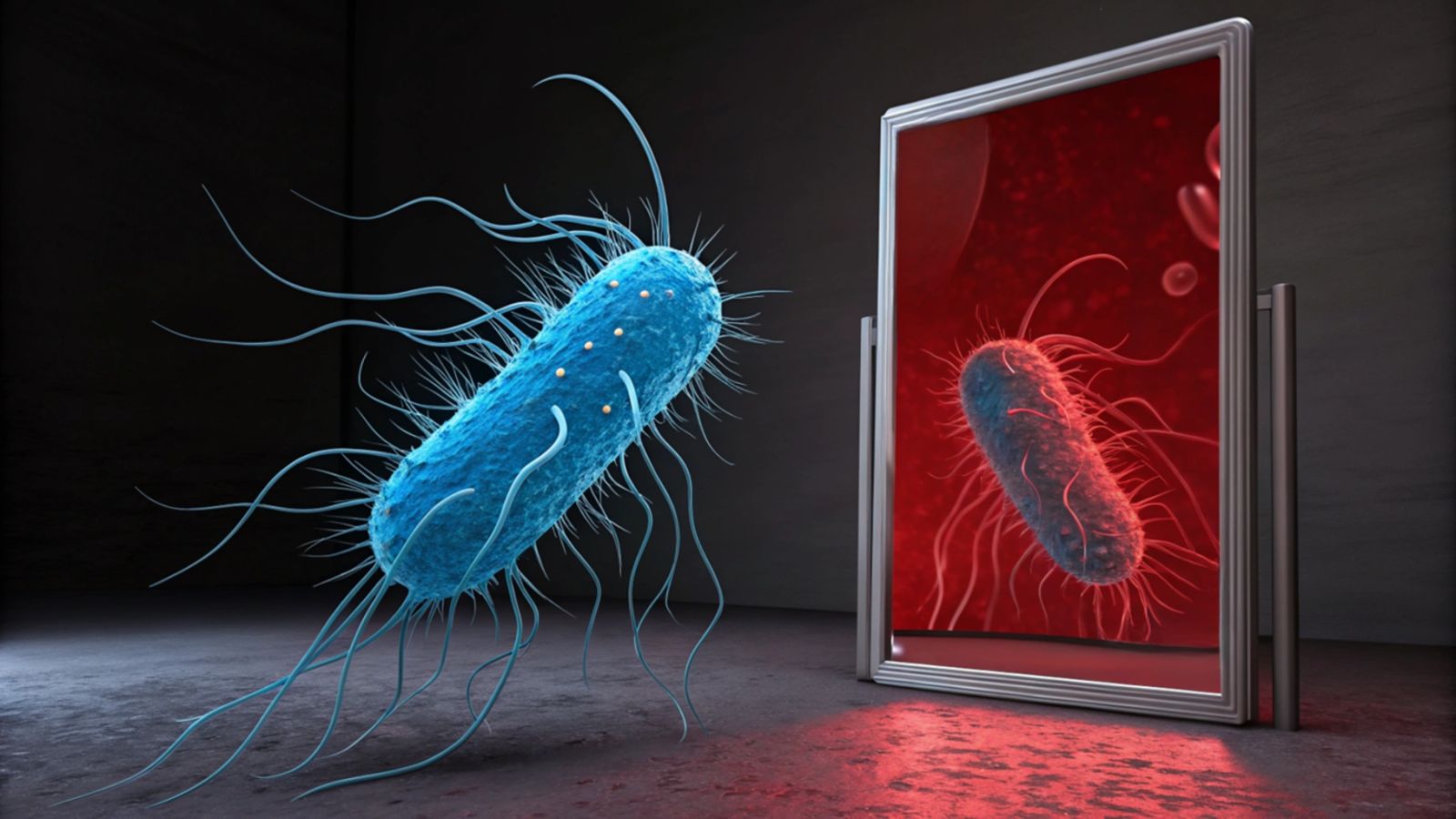Follow us on Google News (click on ☆)
The idea behind these bacteria is based on a chemical concept known as "chirality," where certain molecules can exist in two forms, each being a mirror image of the other. While life as we know it is built around "right-handed" molecules, researchers are working to create reversed, "left-handed" forms. However, this quest raises a major ethical debate.

Mirror bacteria, while potentially beneficial for medicine and industry, pose significant risks: they could evade the immune system of humans and other living beings. Natural defenses would not be able to identify them as pathogens, potentially leading to uncontrollable infections.
Scientists have recently raised alarms about the dangers of these studies. A group of experts, including several Nobel Prize laureates, published a report highlighting the unpredictable risks of such synthetic organisms. According to them, creating mirror bacteria could trigger uncontrollable pandemics.
Nonetheless, the potential applications of these organisms are promising. By creating mirror molecules, scientists hope to develop new drugs resistant to natural degradation or even more efficient industrial products.
One major concern is that these bacteria, being invisible to our immune systems, could spread without any natural barriers. This would be particularly problematic if these microbes adapted to their surroundings, thus evading containment efforts.
Another alarming aspect is the difficulty of controlling these organisms once created. The absence of natural predators could allow them to proliferate on a large scale, with severe environmental and health consequences. Experts agree it is urgent to consider regulations before these bacteria become a reality.
Researchers, while aware of the theoretical benefits of mirror bacteria, are calling for a halt to these studies. According to the report, if these organisms were to escape laboratories, their destructive potential would far exceed their beneficial applications. The time has come for a wider discussion about these risks.
The question remains: should scientific breakthroughs, no matter how promising, be restrained by the uncertainties they bring? The debate on the creation of mirror life is only beginning, and it could redefine how science approaches ethics and safety.
What are mirror bacteria and why are they dangerous?
Mirror bacteria are organisms created from chirally inverted molecules compared to those found in nature. In biology, chirality refers to molecular asymmetry, similar to the difference between the left and right hands. The DNA of living organisms is composed of nucleotides described as "right-handed." Conversely, proteins consist of "left-handed" amino acids. Scientists are attempting to reproduce biological structures where amino acids and other molecules are arranged in an inverted configuration.
These creations, while scientifically promising, raise significant concerns. Mirror bacteria, due to their different chemical composition, would evade the natural immune systems of humans, animals, and plants. They could also be invulnerable to typical microbial predators, such as viruses and protists. This would make them difficult to control and potentially hazardous to the environment.
Researchers believe that although creating a mirror bacterium is not yet within reach, rapid advancements in biotechnology make this possibility likely in the near future. Concerns are growing as these studies progress, and many scientists are calling for a pause in the research, emphasizing the high risks of such an innovation.